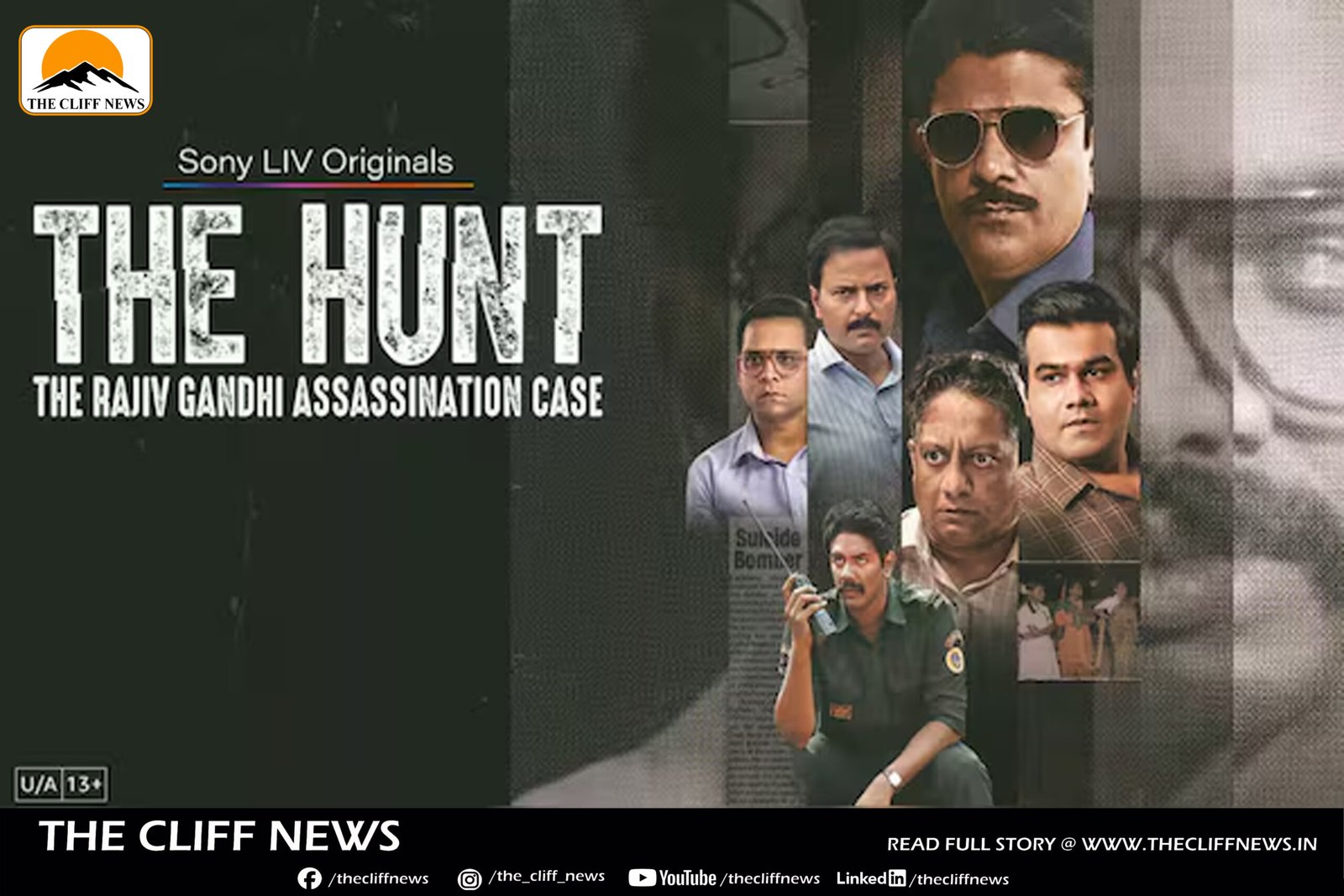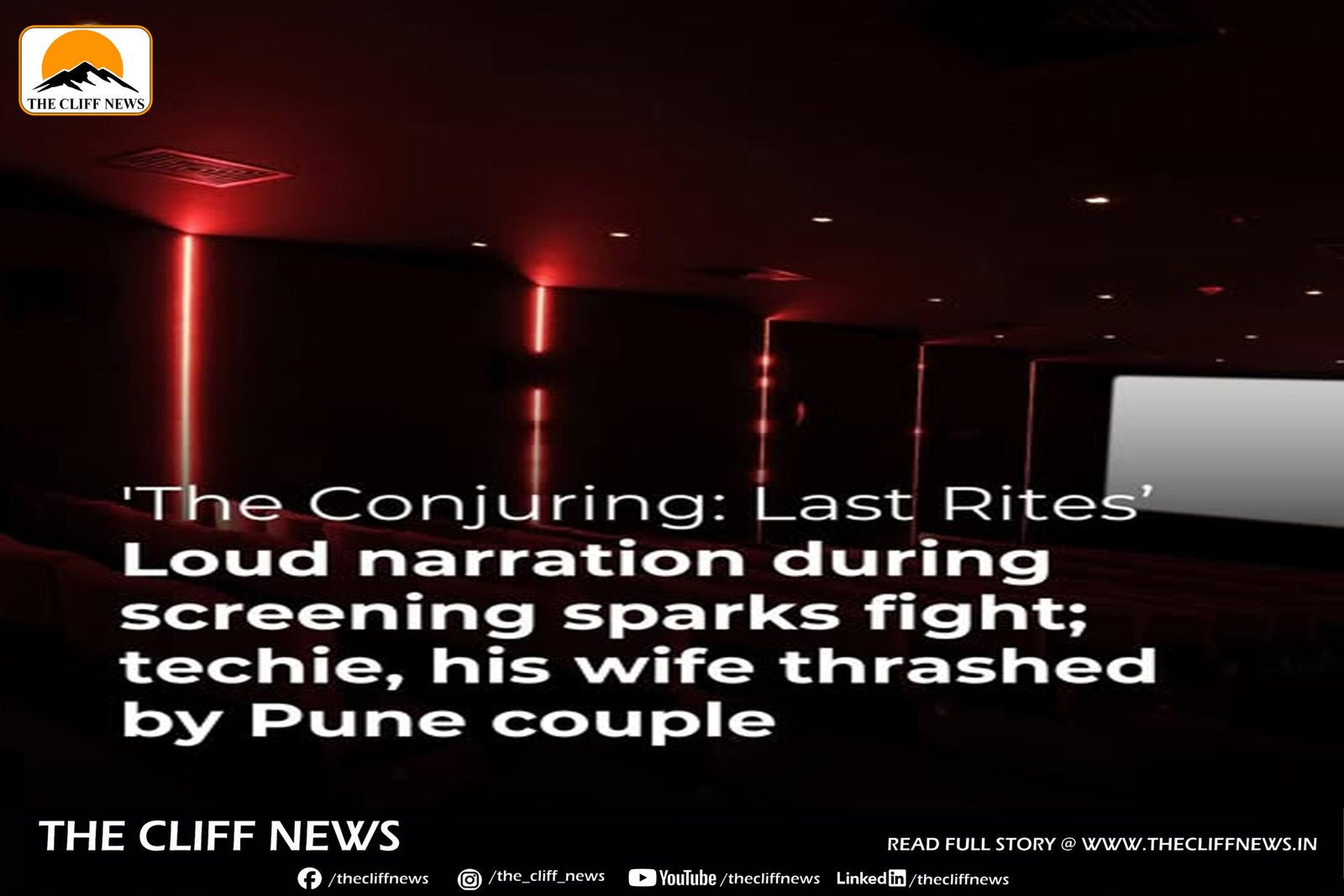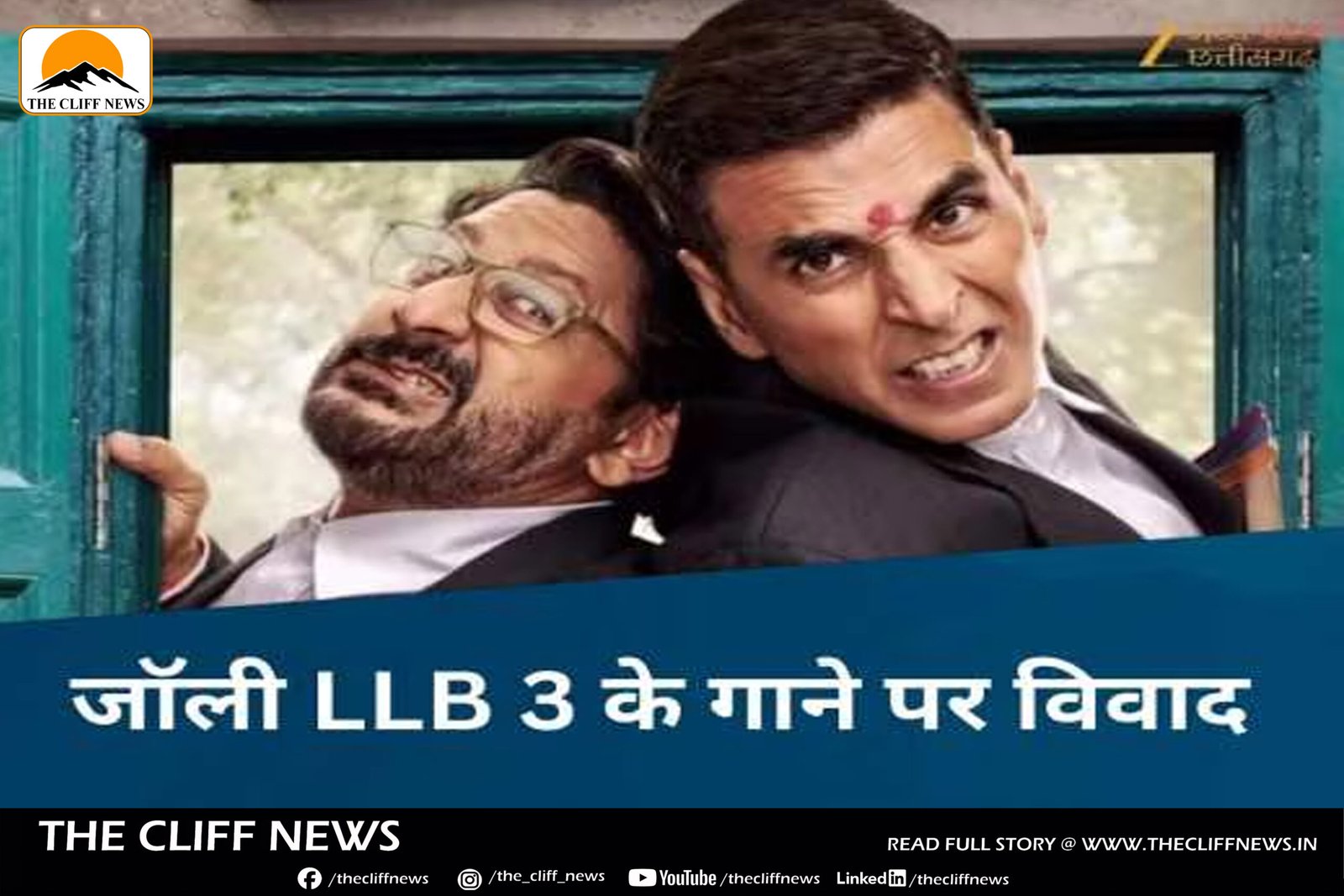Rating: ★★★☆☆ (3/5 stars)
Created by: Nagesh Kukunoor
Produced by: Applause Entertainment
Based on: Ninety Days by Anirudhya Mitra
Making political thrillers without picking sides is nearly impossible — yet The Hunt dares to walk that tightrope. Directed by Nagesh Kukunoor, the series isn’t about the buildup to the assassination of former Prime Minister Rajiv Gandhi in 1991 — Madras Cafe already did that. Instead, it picks up after the tragedy, unfolding the high-stakes hunt to uncover why it happened and who made it happen.
Right from the opening — a devastating blast that interrupts a PM’s rally — Kukunoor sets the tone. There’s no unnecessary buildup, no dramatic flair. Just efficient, harrowing storytelling. The camera lingers just long enough to make you uncomfortable, and the silences are as powerful as the dialogue.
The Execution: Understated, Not Theatrical
What works best in The Hunt is its restraint. Even moments of chaos — like the chilling phone call to the Indian High Commission asking if the Prime Minister is alive — are played with unsettling calm. When Amit Sial’s D.R. Kaarthikeyan, modeled on the real-life head of the SIT, hears the news, we see him watching the coverage on an old TV set. There’s no dramatic outburst, no smashing of glasses — just a quiet resolve.
That commitment to realism continues throughout. Kukunoor avoids using familiar faces or Bollywood stars — choosing actors who feel like people rather than personas. The result: a story that doesn’t feel performed, but lived.
Slow-Burn in a Streaming Age
Known for films like Iqbal and Dor, Kukunoor has always embraced slow-burn narratives. That continues here. While The Hunt starts with urgency, it soon settles into a procedural rhythm — methodical, sometimes meandering, but never losing sight of its goal. The series gradually unfolds like a whodunnit, layering suspects, motives, and shadowy geopolitical connections involving IPKF, LTTE, and even murmurs of a “curse” on the Gandhi family.
Writers Sriram Rajan and Rohit Banawlikar deserve credit for avoiding a documentary tone. They embed history into conversation, turning The Hunt into something between a detective thriller and a political tragedy.
Ambition Meets Restraint
Perhaps the boldest choice here is not fictionalizing the key characters. Kukunoor doesn’t rename or disguise the real-life political figures — a rare move in Indian web content. That lends the series a sense of authenticity, but also tightens the rope it walks. And while the pacing may test some viewers, the payoff lies in the depth of investigation and the moral greyness explored.
Final Thoughts
The Hunt isn’t an easy watch — nor is it meant to be. It revisits a wound many have forgotten, buried under newer headlines and social media noise. For some, it’ll feel like a history lesson we never got in school. For others, a haunting procedural of national trauma.
Is it perfect? No. But it’s gutsy, grounded, and deeply engaging. And in an era of loud thrillers and shallow politics, The Hunt offers something far more valuable — reflection.
Verdict:
Watch it for the performances, the meticulous storytelling, and a haunting glimpse into one of India’s darkest chapters.



